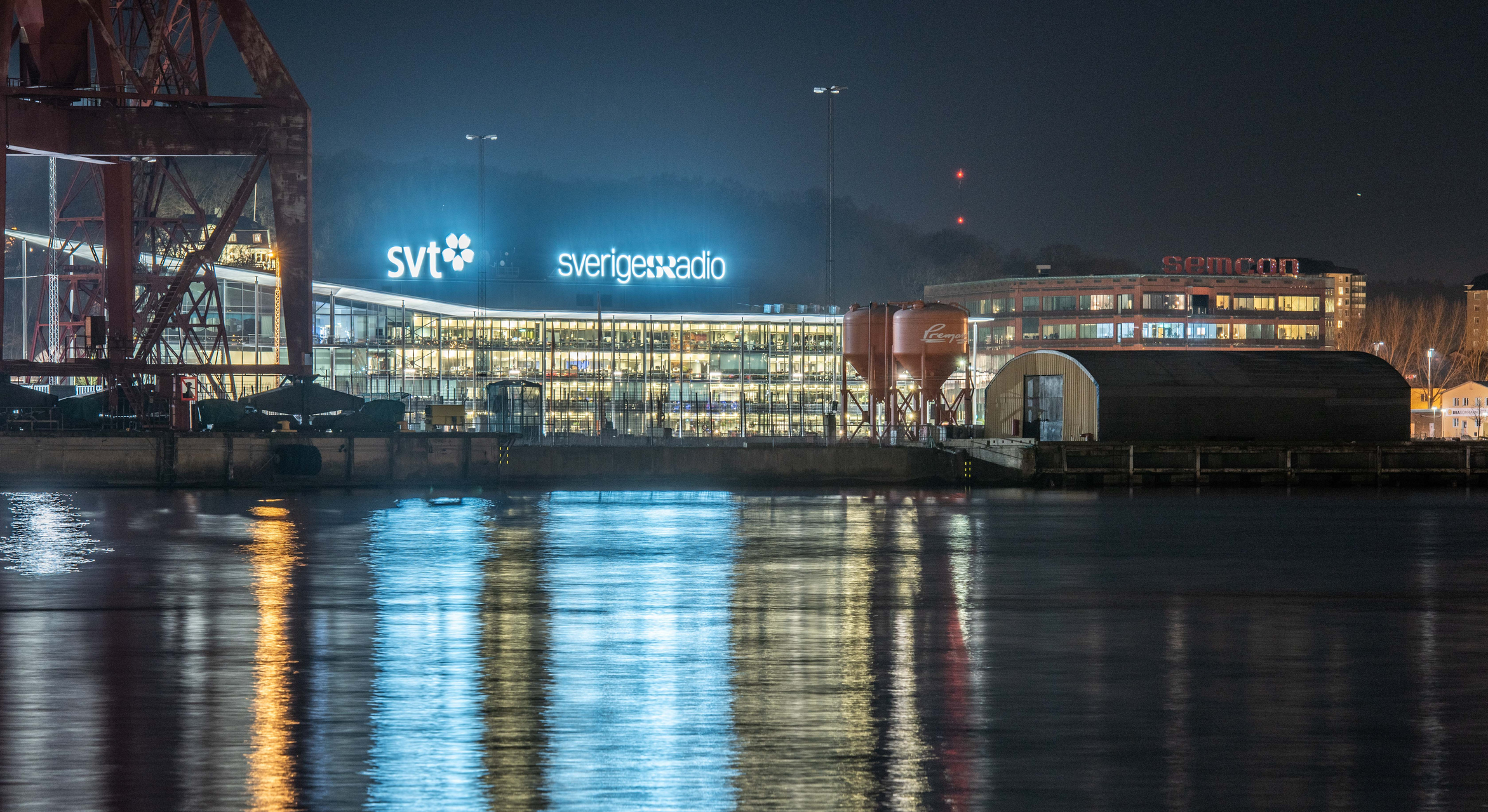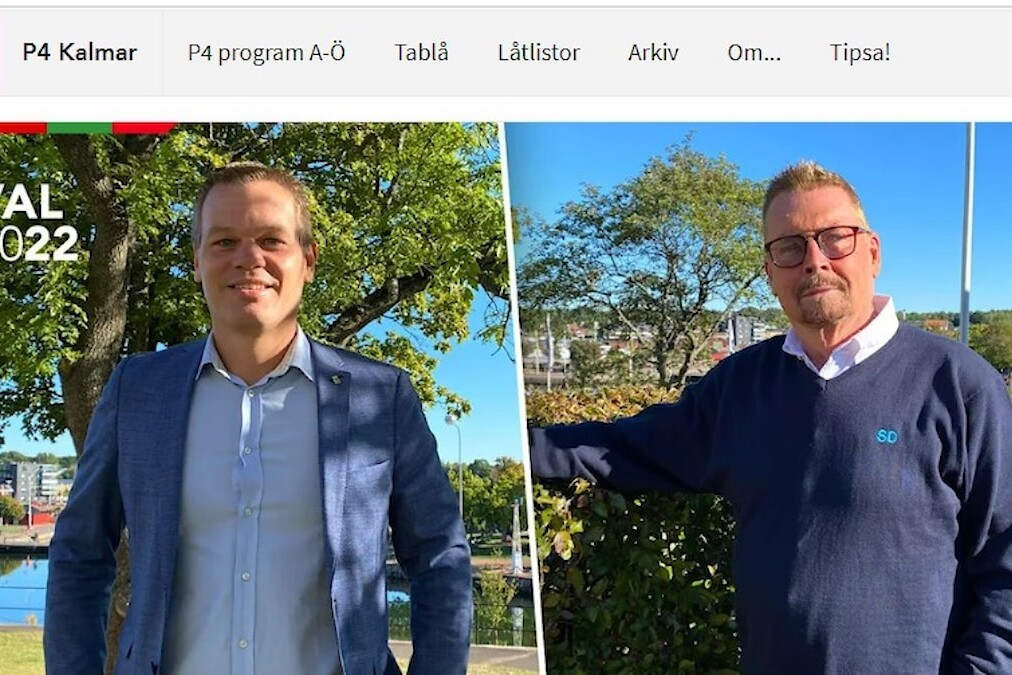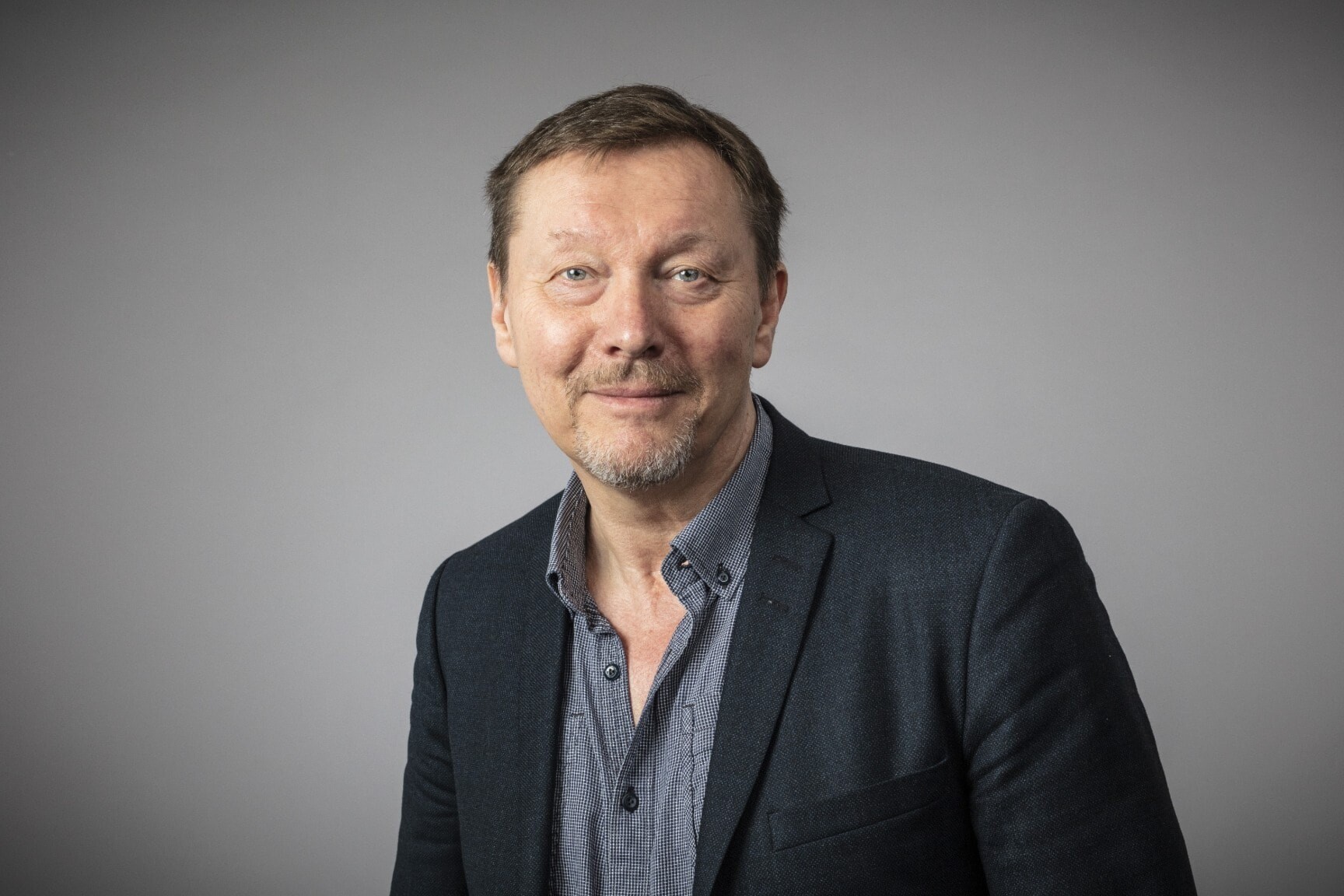Sweden: Implications for public media after election
29th September 2022
The Sweden election saw gains for the far-right Sweden Democrats, which could present challenges for media institutions.

Swedish public broadcasters could experience significant changes to their organisations and output, following the election held in Sweden earlier in September. The results saw success for the right-wing parties, who are now attempting to form a government.
The Sweden Democrats (SD) – a far-right, populist party – won 73 seats, making them the second largest party overall, and a kingmaker for the next government. Led by Jimmie Åkesson, the party has an anti-immigration and nationalist agenda, akin to many other far-right movements which have been witnessed across Europe in recent years.
Update: On 14 October, a government of the Liberals, Christian Democrats and Moderates was formed. The Sweden Democrats will have extensive influence, with its own coordination office with the political officials in the government office.
Parties divided on public media
Public media reform and changes is one place where it appears most of the right-wing parties are already on common ground. According to analysis by SVT – Sweden’s public television station – the Moderates, Christian Democrats and Sweden Democrats all agreed with the statement “public service should have a narrower mission”, where they focus more on social information and news, rather than entertainment.
The Liberals, however, thought that was a bad idea, as did all of the left-wing parties. Meanwhile, this left-wing alliance has advocated constitutional protections for public media to prevent it being undermined and influenced by government, as has happened in Hungary, Poland, and elsewhere.
Sweden Democrats do not support constitutional protections and have even gone further by promising an investigation into merging SVT, Swedish Radio (SR), and the Swedish Educational Broadcasting Company (UR). “That would make two newsrooms become one, three staff organisations and three CEOs become one,” said Bo Broman, the party’s cultural policy spokesperson.
The possible new government could mean trouble for public media organisations, one Swedish media commentator has argued. Leif Holmkvist wrote that SD’s success will see “the satisfied smiles of the SVT managers freeze into a grimace.” This is because the incoming government will have a significant responsibility over the future of public media in Sweden.
Read more: Swedish Radio covers 310 local elections across country
The new broadcasting licence is up for renewal in 2026, and the new government will have the responsibility of first investigating, and then developing the proposal for what the new licences would look like. This then passes through the Riksdag (Swedish parliament), before going to the public media organisations for approval. These permits would then last for eight years.
Here, there is scope for the parties to stamp their own vision for public media albeit still in a limited way. For example, the previous licence settlement directed the organisations to increase broadcasts in minority languages, develop and expand cultural offerings, and ensure all content is produced with an equality and diversity perspective. It is then up to the organisations themselves to produce the content which meets these criteria.
“Politicians can set the direction, but they can never step in and change the program operations themselves,” said Charlotte Ingvar-Nilsson, director general of the Swedish Press, Radio and Television Authority. “Everything related to the program is completely controlled by the companies themselves.”
Listen: How do elections impact public media?
Particular concern over SD’s stance on media
SD’s comments and past record on public media and media freedom have also provoked consternation. Both the leader and the party have confronted Swedish public media in the past. In the campaign for the 2018 election, Mr. Åkesson described Swedish Radio’s youth-station, P3, as a “shit channel”, although he later clarified that he made this comment not as a politician, but as a licence-fee payer.
An RSF report from 2020 also demonstrated the pressure being exerted on public media from some politicians. The organisations were being threatened with “funding cuts, a narrower mission, and personal penalties for journalists.”
More recently, there have been statements from the party’s leader which showed support for public service media and its mission. In a 2021 interview with SVT, Mr. Åkesson said “people in my party agree with the important function that public service should have. Then it is clear that it places extremely high demands on everyone involved in terms of impartiality and independence.
“Politicians should not interfere in what is to be broadcast, but there must be journalistic integrity in it.”
Yet he has already contradicted this position through his policy proposals. In one pre-election address, he said if elected, SD would ban gangster rap from playing on public radio.
There have also been indications that SD would look to be harsher with the press. Following the results of the election, the party’s Chief of Staff said that he looked forward to “a lot of journalist rugby”, which RSF said meant “pushing journalists around”. This comment led to RSF issuing a statement calling on politicians to respect journalists and the free press.
”Linus Bylund har kallat den svenska journalistkåren för nationens fiender. Han har fysiskt tacklat bort reportrar (undertecknad) som ställer obekväma frågor till Jimmie Åkesson. Nu talar han om journalistrugby.”@eigilsoderin https://t.co/Cp7gblwTwB
— Andreas Gustavsson (@a_gustavsson) September 13, 2022
Sweden has high levels of media freedom, and a very strong public media sector. Sweden ranks third in RSF’s Press Freedom Index and is also a leading country in many other league tables on issues of freedom of expression and human rights.
The Public Media Alliance is concerned that there is a desire to limit the mission of public media. Public media exists to serve all communities, providing them with quality content which otherwise does not get made. They produce content aimed at integration and provide content in multiple languages for diverse audiences. A narrowing of their mission would ultimately be to the detriment of the public, and to Swedish society. This content must not undermined, regardless of the political stances of a new government. Furthermore, Sweden Democrats must live up to their country’s high level of press freedom and stop making veiled threats against journalists for carrying out their public service mission.
Correction: An earlier version of this article stated that all right-wing parties supported narrowing the mission of public service media. This has now been corrected to show that the Liberals are opposed to this idea.
Related Posts
10th September 2022
Swedish Radio covers 310 local elections across the country
With Swedish elections taking place on…
15th March 2022
Swedish Radio announces free-to-use daily news podcast in Russian
Starting this week, Swedish Radio will…


